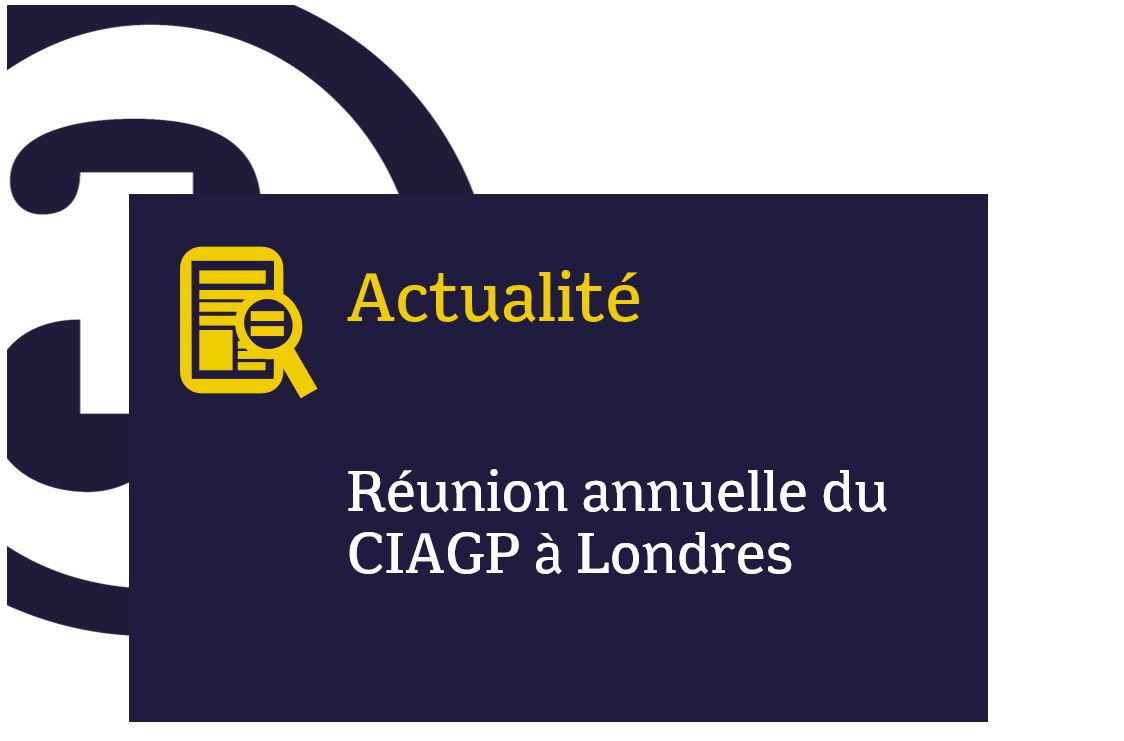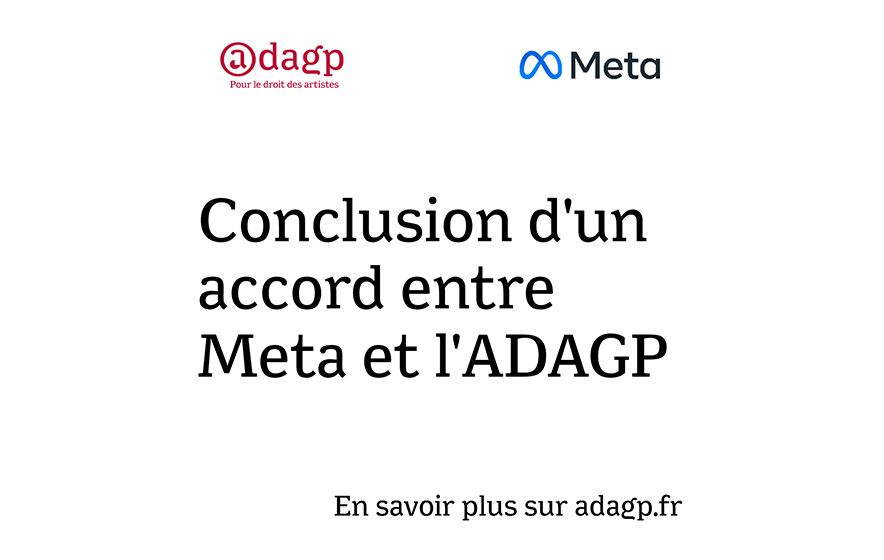Proposed digital footprint law: a fair and balanced decision
The creative world welcomes the compromise adopted by the Members of Parliament on remuneration for private copying and refurbished devices, as part of the bill to reduce the digital footprint on the environment in France.
Refurbished cell phones and tablets have been relevant to remuneration for private copying since their origin. This is not a new obligation: manufacturers, vendors and telecom operators have been paying private copy levies for years for their sales of new and refurbished cell phones.
By ruling out the idea of an outright exemption, the lawmakers have given immediate effect to a 40% reduction in the private copy levy scale applicable to refurbished cell phones and 35% for refurbished tablets, in accordance with the decision of the independent commission in charge of the subject, which met on June 1st. This change of the levy scale was passed on the basis of a usage study conducted by the GFK Institute. The economic impact of this reform will be a loss of nearly 11 million Euros for the cultural sector in France, but which will support the sector for refurbished devices.
More than 8,500 artists, authors, creators, scriptwriters, photographers, visual artists, filmmakers and organizers of cultural events had called for support for private copy levies and not to pit support for culture against support for the environment. Applying a tiered tariff appears to be the most balanced, responsible and fairest solution to preserve the vitality of the cultural and creative industries, while encouraging the "second hand" economy. In addition, this decision is fully in line with European jurisprudence.
The vote of Parliament also includes a plan to commission two reports on the subject of private copying in the near future. ADAGP will contribute to overseeing the success of this work.
The Members of Parliament at the National Assembly were right to confirm today that the French cultural world cannot constitute an adjustment variable for an economy badly affected by low-cost foreign competition. We share the point of view that the economic model of French refurbishers and social and solidarity-based companies must be, more than ever, protected and supported by strong measures from the State.
Remuneration for private copy is above all in consideration for a freedom: the freedom given to any individual to copy artistic and cultural works for his or her own use. It represents between 5 and 10% of the income of 200,000 artists and creators and a source of funding for more than 10,000 festivals, theaters and cultural projects in all regions of our country. Since the beginning of the Covid 19 pandemic, private copy levies have played an important social role by financing numerous emergency aid and relief funds, which have supported more than 11,000 artists and creators in economic difficulty.
We thank the Government and the Members of Parliament for their support. We will remain attentive that the fair balance struck via today’s vote continues to be respected during on-going legislative work.
See also
Cultural sectors dissatisfied with the implementation of the EU AI Act
This summer, ADAGP, through its European representatives EVA and GESAC , took part in a large coalition of author, performer, publisher, and producer organisations who released a statement in response to the implementation of the European Union Artificial Intelligence Act (AI Act), in which they expressed serious concerns, as the...


